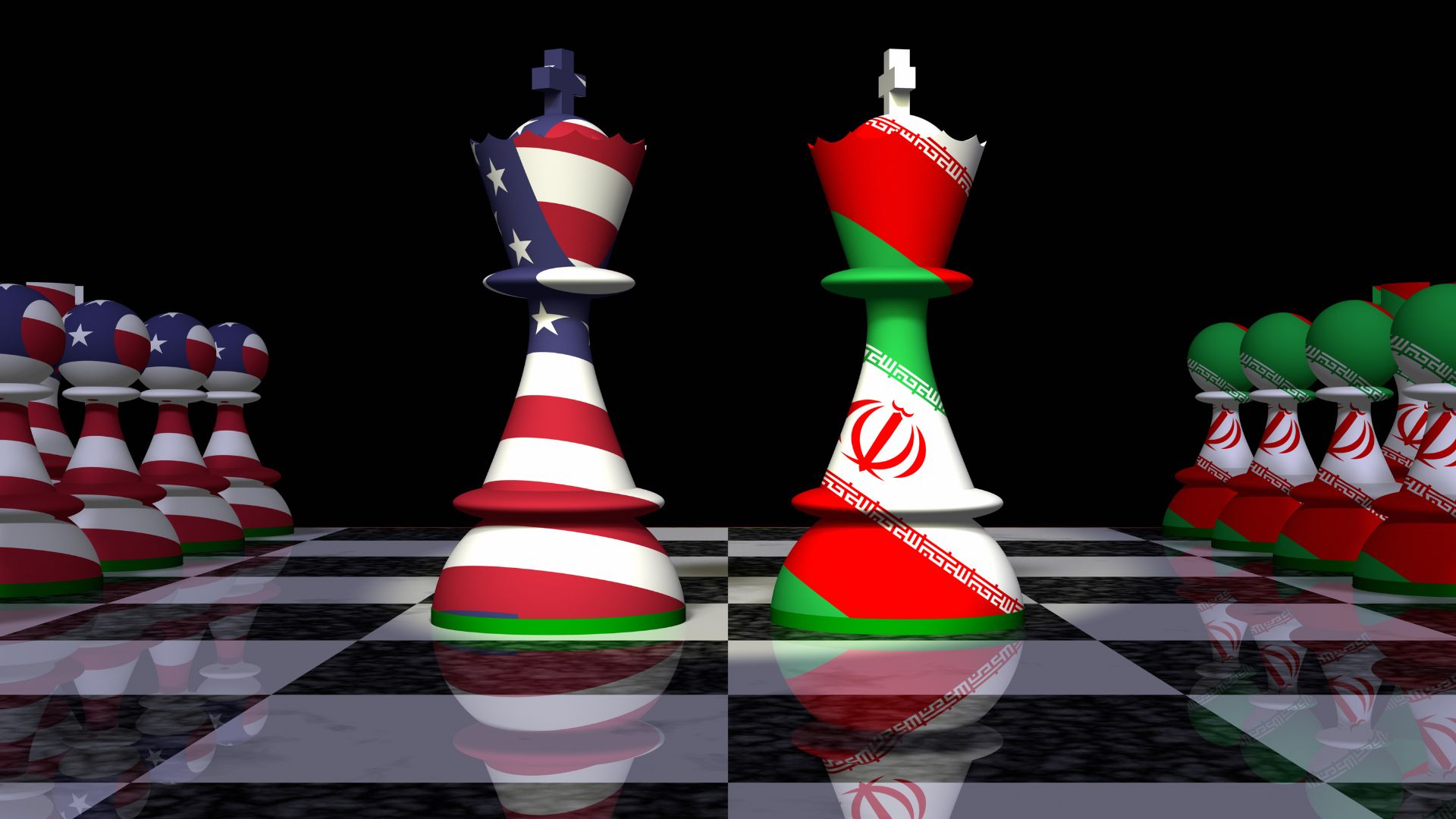Iran today launched a missile attack against the United States’ Al Udeid Air Base in Qatar, in a dramatic but carefully calculated escalation aimed more at symbolism than destruction. Despite firing nineteen ballistic missiles, Iran managed to avoid casualties, appearing intent on sending a message rather than triggering a wider conflict with the US.
Remarkably, Qatari air defenses intercepted 18 of the missiles, with only one reaching the evacuated airbase, causing no injuries or serious damage. This restraint by Iran suggests a strategic approach: sufficient to show strength, but deliberately insufficient to provoke a harsh American response.
Detailed Timeline of Events
-
Early Evening (Approx. 16:30 GMT)
Qatar learns about an imminent missile threat from Iran.
US quickly evacuates personnel and disperses over 40 aircraft to safer locations.
-
Attack Commences (19:25 GMT)
IRGC confirms missile strikes under “Operation Annunciation of Victory” in response to US attacks on Iran’s nuclear facilities.
-
Qatar’s Response (immediate)
Advanced defense systems successfully intercept 18 out of 19 missiles, with minimal damage and no casualties.
-
Aftermath (20:00 - 21:00 GMT)
Qatar briefly shuts and quickly reopens airspace, reassuring public that the situation is stable.
The US Embassy lifts temporary shelter-in-place guidance.
Strategic Analysis
Iran’s missile strike was designed to achieve a delicate balance: enough force to satisfy domestic and regional pressures demanding retaliation against US aggression, but restrained enough to prevent direct American counterattacks. Analysts emphasize that the attack was symbolic, demonstrating Iran’s capability without causing the kind of damage that would compel the US into further military action.
President Trump himself confirmed this, acknowledging publicly that Iran provided advance notice of the attack, enabling the evacuation and ensuring no casualties occurred. He subsequently described the strike as “weak” and indicated no immediate US military response was planned.
Regional and Global Reactions
The cautious nature of Iran’s actions has led countries in the region to uniformly condemn the violation of Qatari sovereignty while urging restraint and dialogue. Qatar, Kuwait, Morocco, Lebanon, Bahrain, Oman, and the Palestinian Authority have all strongly criticized the missile strikes but called for calm and diplomatic solutions rather than further hostilities.
China warned that US attacks on Iran’s nuclear sites damaged Washington’s credibility, calling urgently for diplomatic rather than military resolutions. Similarly, the EU expressed concerns over escalating tensions, indicating plans to engage Israel diplomatically about human rights and broader regional stability.
This latest exchange highlights a potentially hopeful moment. Iran has sent its message clearly but carefully—avoiding American casualties, signaling a willingness to contain the crisis. Analysts and diplomats alike are now watching anxiously, hoping the US will recognize Iran’s restrained signal, halt further military actions, and turn instead toward diplomacy and de-escalation.
It is now vital for the United States to respond with caution and restraint. Should America avoid retaliating further, the region may have a critical opportunity to step back from the brink of a larger conflict.

Comments
No comments yet. Be the first to comment!